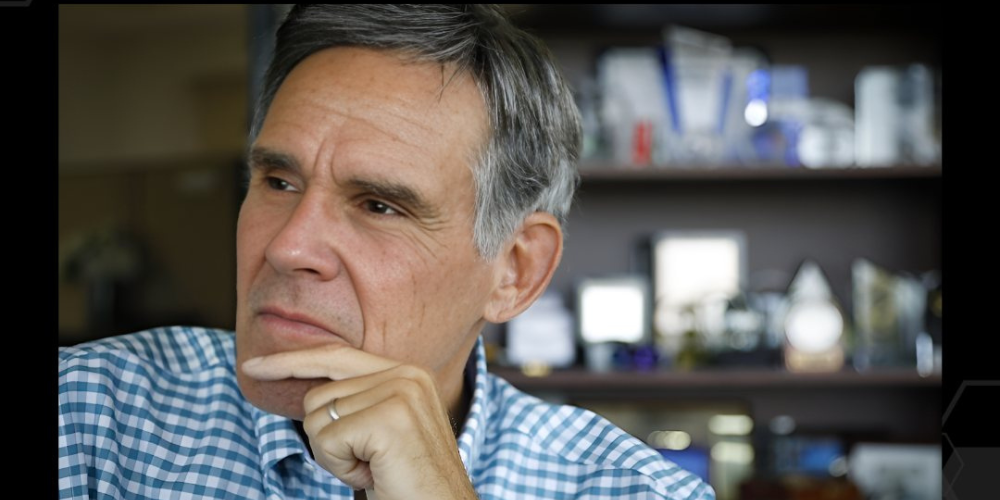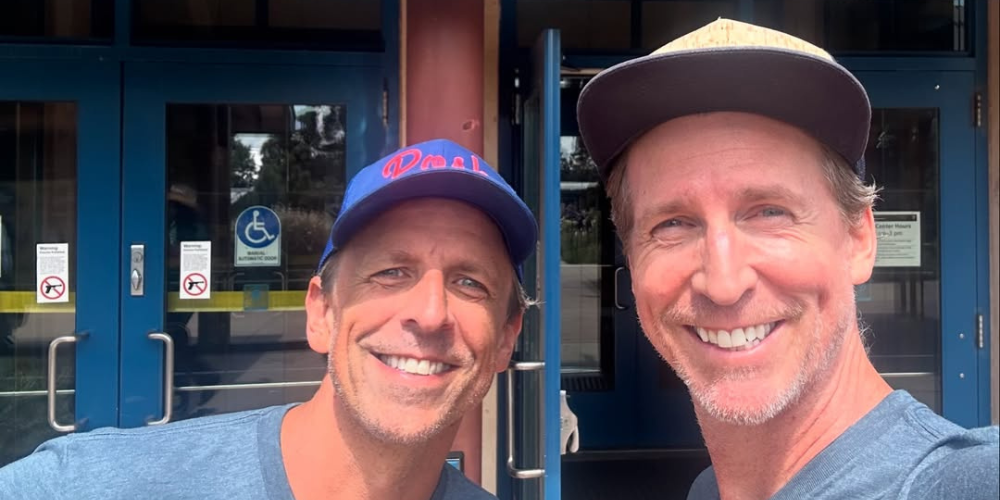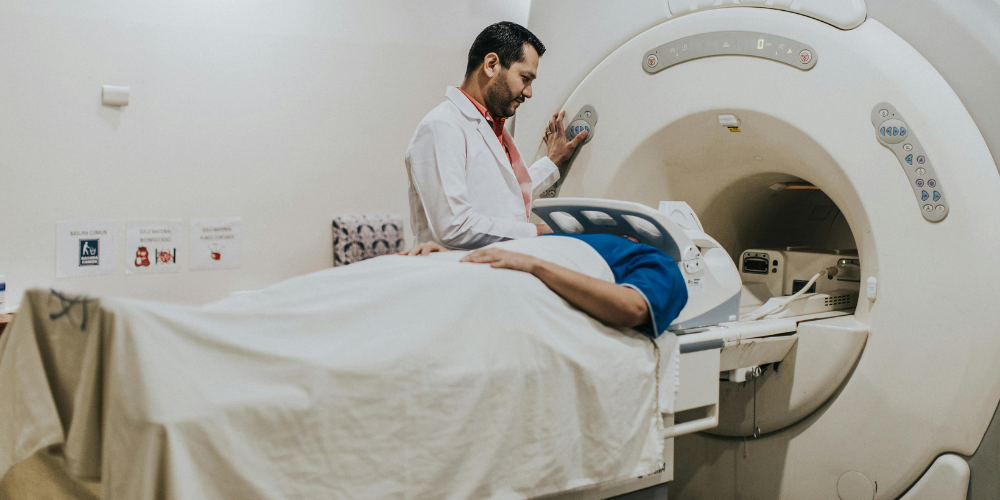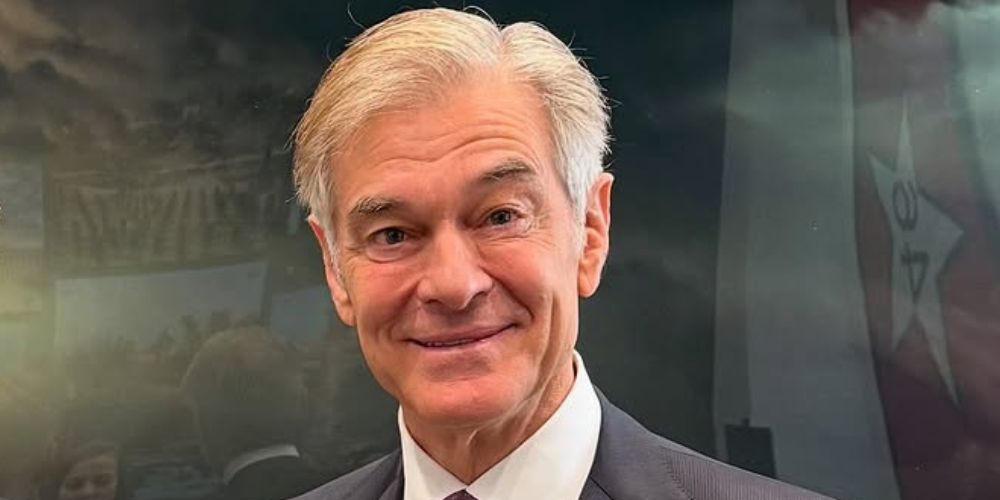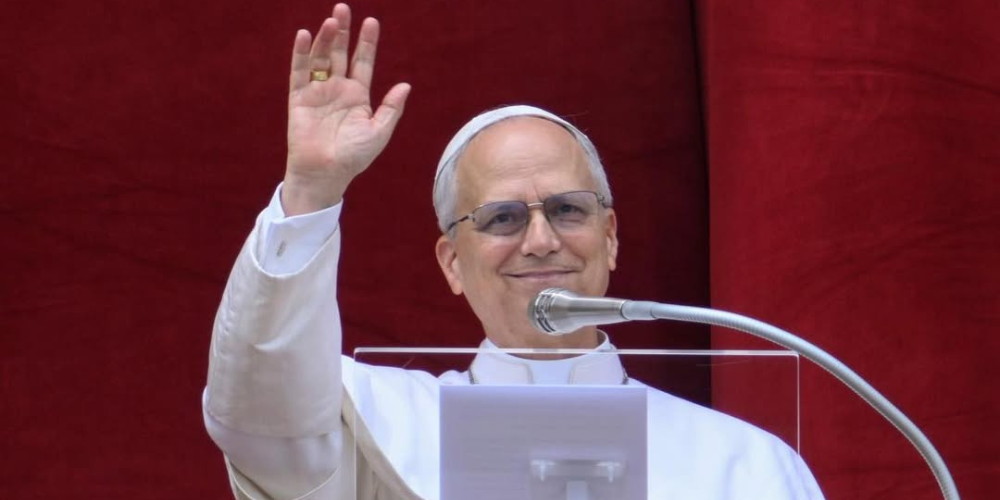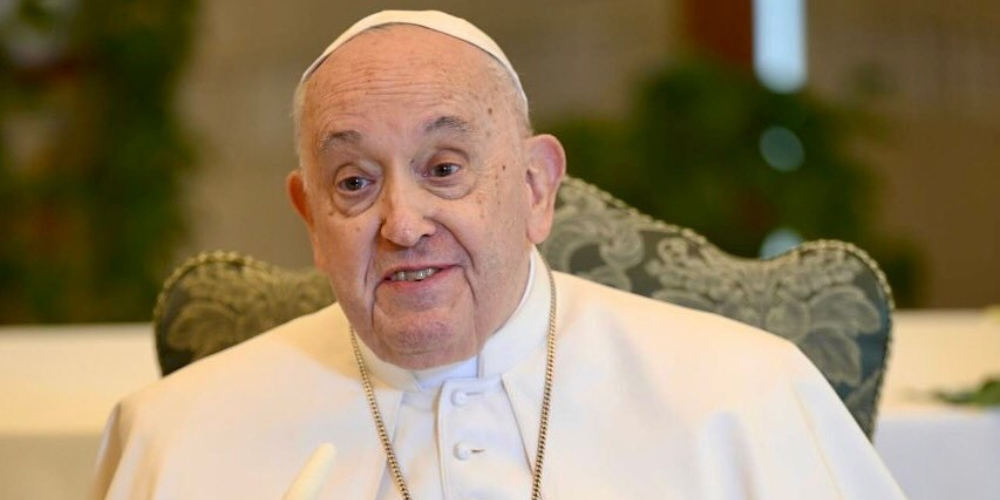Amid rising concerns about misinformation and science denial, one of America’s top medical voices is stepping forward with a plan rooted in data and clarity. Dr. Eric Topol, a respected cardiologist and director of the Scripps Research Translational Institute, outlines a sharp, evidence-driven path forward in his new book, "Super Agers: An Evidence-Based Approach to Longevity."
While public trust in medical research remains fragile—especially after the COVID-19 pandemic—Topol aims to reset the conversation. His focus is not only on extending life, but also on improving its quality during the years people live longer.
Addressing Misinformation With Optimism
Topol describes the current environment as difficult for science, but he insists that this moment presents a rare opportunity. He explains, “This is about clearing out the pseudoscience and showing how close we are to preventing the three major age-related diseases.”
These diseases—cancer, heart disease, and neurodegenerative conditions—account for much of the decline in health over time. However, Topol points to a powerful mix of advancements in AI, biometric data, and behavior research that could shift outcomes significantly.
Health Span Over Lifespan
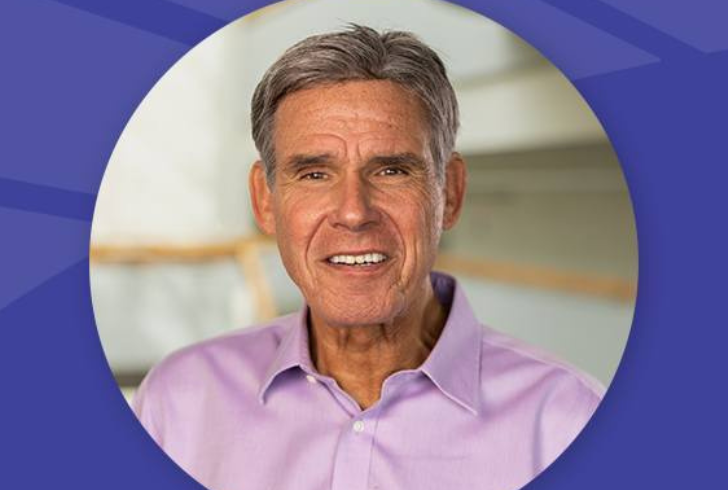
Instagram | @acpimphysicians | Focusing on health span, Topol introduces the "wellderly" as a model of disease-free longevity.
Rather than focusing solely on how long individuals live, Topol promotes the concept of "health span"—the number of years spent in excellent health. Drawing from his research, he introduces the concept of the “wellderly,” individuals over 80 who live without chronic illness.
For instance, he mentions a 98-year-old patient who still drives herself to appointments and lives independently, apart from managing minor issues like leg swelling. These examples reinforce his claim that longer, healthier lives are possible—and not just for a lucky few.
Evidence Over Trends
While some public figures chase extreme longevity through expensive, attention-grabbing methods, Topol remains grounded in scientific rigor. He separates his approach from that of wellness influencers, anti-vaccine figures, and even billionaires chasing age reversal.
Instead, Topol supports medical interventions such as GLP-1 drugs—like Wegovy and Ozempic—not just for treating obesity but potentially for broader uses like cancer and Alzheimer’s prevention. He matches this with simple, proven habits:
1. Eat more vegetables, fruits, fish, and whole grains
2. Limit alcohol and caffeine
3. Exercise consistently
4. Get high-quality sleep
5. Stay socially connected
Still, he admits, “Almost no one sticks with these guidelines, even when the evidence is clear.”
Personalization Makes the Difference
Topol emphasizes that personal data can help patients make smarter choices when used properly. He believes that showing someone their unique health risks based on genetics, behavior, and biomarkers creates more powerful motivation than general advice ever could.
He explains, “When you say, ‘This is your risk, verified across different models and data sets,’ people start to care. That’s how to truly shift behavior.”
This idea, often called precision medicine, personalizes care down to the individual. Instead of broad solutions, it identifies exactly what someone needs to avoid or manage based on their biology and environment.
Social Conditions Matter Too
Although personal habits have a significant impact on health, Topol does not overlook the greater context. He highlights how poverty, racism, pollution, and access to safe neighborhoods strongly influence outcomes. These “social determinants of health” cannot be fixed with willpower alone.
He warns that wellness trends too often ignore these factors and cater only to the wealthy. True healthcare reform must account for the full picture, including what people cannot control.
Policy Shifts Threaten Scientific Progress
While Topol’s book expresses optimism, he also raises concerns about recent changes in American healthcare leadership. He references the controversial appointment of Robert F. Kennedy Jr. as head of the U.S. Department of Health, calling attention to the threat it poses to science-based policy.
Since taking office, Kennedy has:
1. Cut over 20,000 positions in the health department
2. Halted numerous grants for disease research
3. Reduced CDC capacity by closing labs and slashing budgets
4. Installed anti-vaccine advocates in decision-making roles
5. Frozen billions in funding for local health programs
Topol emphasizes that such moves could undo decades of progress in biomedical research and public health support.
Global Comparisons Provide Hope

Freepik | For Topol, international hope lies in Europe's prompt, evidence-based approach to health, unlike the U.S.
Despite these domestic challenges, Topol sees hope internationally. He notes that countries in Europe often act on scientific evidence faster than the U.S.—banning harmful additives, adopting health regulations early, and prioritizing long-term well-being.
For example, he points to trans fats, which were banned in several countries years before U.S. policy followed suit, even though much of the supporting research came from American studies.
He says, “While prospects in the U.S. might look uncertain, many parts of the world are likely to move forward with evidence-based policies. That shift is already happening.”
Data-Driven Prevention
Looking forward, Topol believes the most effective strategy combines personalized medicine, preventive care, and broader public health policy. Tools powered by artificial intelligence can help identify risks earlier. Precise health tracking can show individuals exactly where they stand. Interventions—ranging from diet to medication—can be applied before illness develops.
He explains, “This isn’t about avoiding aging. It’s about getting to old age with energy, clarity, and resilience.”
By using data more effectively and shifting healthcare toward prevention, the system could support both longer lives and better ones.
Topol’s Vision Could Redefine Modern Healthcare
The path ahead isn’t simple, but the tools already exist. Scientific breakthroughs, digital health tracking, and predictive analytics offer a foundation for transforming healthcare. While challenges remain—especially with public trust and political instability—voices like Topol’s bring urgency and clarity to the discussion.
By rejecting pseudoscience and focusing on facts, American healthcare can move toward a model that supports every stage of life with purpose and precision.


